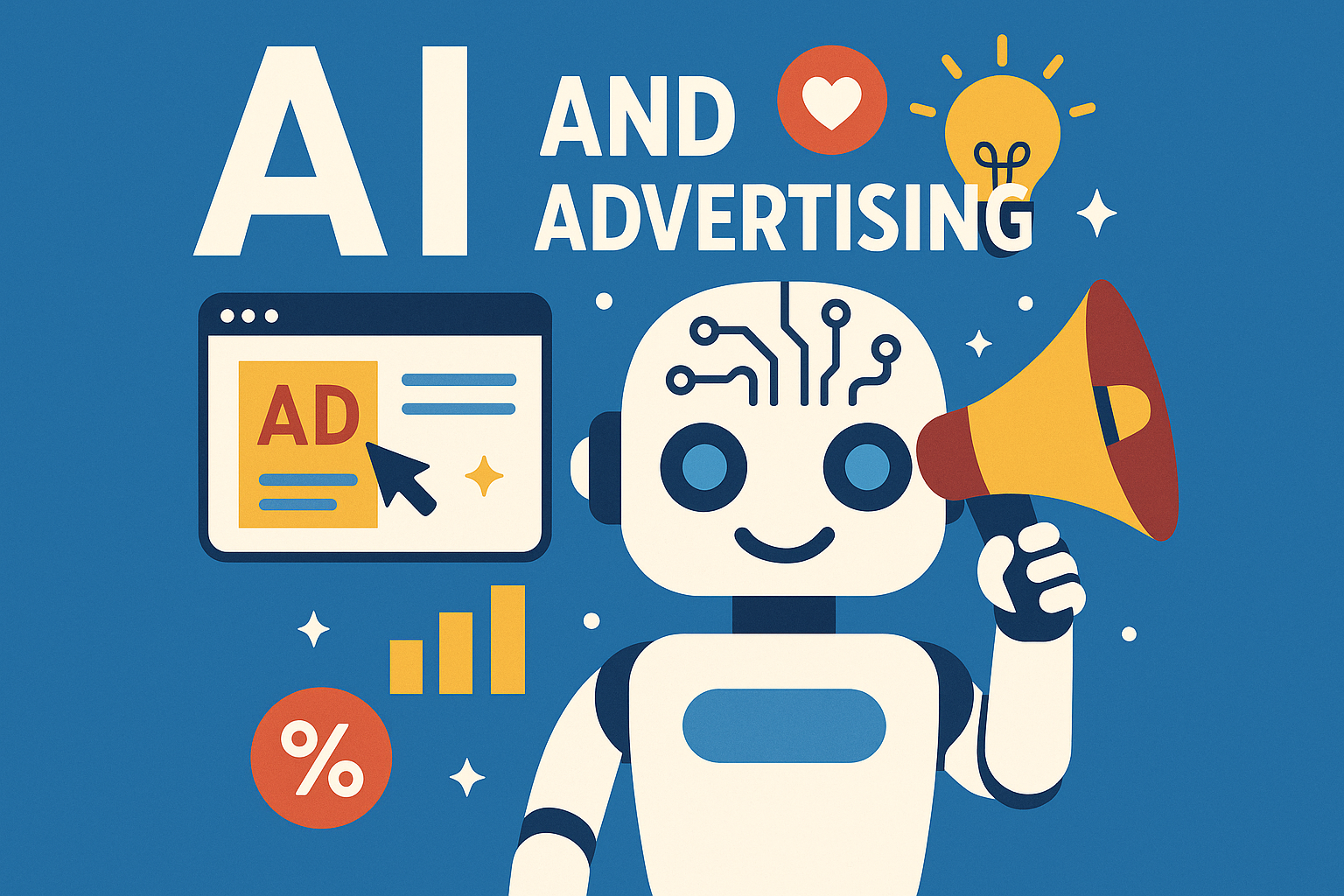Artificial Intelligence (AI) has rapidly evolved from being a niche technology into a powerful tool that businesses rely on to improve operations, enhance customer satisfaction, and drive growth. From making smarter decisions to streamlining processes, AI business solutions are transforming industries of every size.
Below, we explore ten key benefits of AI and how it’s enabling businesses to achieve more, faster and smarter.
1. Smarter Decision-Making
AI gives businesses the power to analyze large volumes of data, recognize trends, and produce actionable insights. This data-driven decision-making takes the uncertainty out of planning and allows companies to be more proactive in their operations. For instance, AI can forecast sales, predict customer preferences, or even flag risks in financial data.
AI business solutions don’t just help make decisions. They ensure these choices are informed, timely, and impactful, giving companies a competitive edge in their industries.
2. Boosting Customer Experiences
Customer expectations continue to rise. They want faster responses, personalized experiences, and solutions tailored to their specific needs. AI tools like chatbots and virtual assistants are excellent for delivering real-time support while maintaining a humanized touch.
For example, chatbots can handle common queries instantly and accurately, giving your team more time to focus on complex customer concerns. AI technology also personalizes experiences, like offering product recommendations based on past behavior, which leaves a lasting impression on customers.
3. Automating Repetitive Tasks
Manual, repetitive tasks can drain both time and resources. AI enables businesses to automate many of these processes, like managing schedules, processing invoices, and tracking inventory. This is where AI automation for business growth really shines by cutting down inefficiencies and freeing employees for higher-value work.
By adopting automation, businesses not only save money but also significantly reduce errors caused by manual effort.
4. Increasing Productivity
Imagine tools or machines that can process tasks faster, better, and continuously without breaks. With AI-powered productivity tools, this becomes a reality. AI excels at handling high volumes of work consistently, like crunching huge datasets or streamlining manufacturing.
This increased efficiency allows businesses to scale operations with ease, achieving more output without the need to expand resources or staff proportionally.
5. Predicting Trends and Risks
AI’s ability to analyze data in real time makes it a game-changer for recognizing future opportunities or threats. Predictive analytics is where businesses can truly stand out by being prepared for what’s coming.
For instance, retailers use AI to forecast inventory needs during seasonal spikes, while logistics companies predict potential delivery delays. These insights allow businesses to stay ahead of the curve and adapt seamlessly.
6. Smarter Marketing Campaigns
Marketing is a critical area where AI’s impact is immediate and measurable. By analyzing consumer behavior, preferences, and feedback, AI can fine-tune marketing strategies to target the right audience at the right time with the right message.
A key example is how platforms use AI to recommend products or services users are most likely interested in. This sort of AI automation for business growth ensures marketing efforts are not wasted, making campaigns cost-effective and efficient.
7. Strengthening Cybersecurity
Cyber threats are one of the biggest challenges modern businesses face. AI is playing a pivotal role in enhancing cybersecurity by monitoring networks, identifying anomalies, and detecting threats before they escalate.
For instance, AI systems can help spot phishing scams or unusual login activities, protecting sensitive customer and company data. With AI business solutions, businesses can ensure a safer digital environment while also staying compliant with regulations.
8. Streamlining Hiring Processes
Recruitment has traditionally been a labor-intensive process. AI streamlines it by sorting through resumes, identifying top candidates, and even scheduling interviews. This technology isn’t limited to finding technical fits; it incorporates a humanized approach, recognizing cultural alignment and potential.
Such AI-driven hiring processes save time and ensure companies attract the best talent suited to their organizational needs.
9. Innovation in Product Development
Developing products that resonate with customers requires understanding their needs and preferences. AI helps collect and analyze feedback and buying patterns to pinpoint customer desires.
These actionable insights empower businesses to adjust their offerings or launch new products with a higher likelihood of success. Companies are no longer relying on chance but actual customer behavior to innovate effectively.
10. Building a Sustainable Future
Lastly, AI is helping businesses adopt more sustainable practices. By optimizing processes, predicting maintenance for equipment, and reducing energy consumption, AI helps operate more efficiently while supporting green initiatives.
For instance, predictive analytics in manufacturing prevents unnecessary waste, while AI-powered logistics improve route efficiency to cut fuel usage. Businesses that adopt sustainable strategies gain the admiration of environmentally conscious customers.
FAQs About AI in Business
1. Are AI tools suitable for small businesses, or only large enterprises?
AI isn’t just beneficial for large companies. Affordable tools like AI-driven scheduling software or simple chatbots can help small businesses save time and excel in customer service. AI business solutions can scale to meet the needs of businesses of any size.
2. Which industries benefit the most from AI implementation?
AI spans across almost every industry, including retail, healthcare, manufacturing, and agriculture. No matter the sector, AI’s ability to optimize operations and gather valuable insights makes it highly versatile.
3. Is AI replacing jobs, or creating opportunities?
While AI does automate repetitive tasks, it also creates opportunities by freeing employees to work on higher-level, creative, or strategic projects. This humanized collaboration between technology and people is reshaping workplace dynamics for the better.
4. How can businesses start using AI systems?
Starting small is a good idea. Identify your specific challenges, whether it’s customer service, marketing, or data analysis, and adopt suitable AI tools to address them.
5. What obstacles should businesses expect when implementing AI?
Some common challenges include high initial costs, training employees to work alongside AI, and the need to integrate advanced systems into existing processes. However, these can be overcome with proper planning and expert guidance.
Final Thoughts
AI has gone from being a buzzword to a core part of how businesses operate and grow. From smarter decision-making to automation and better customer experiences, AI business solutions hold immense potential for businesses willing to embrace the change.
For more insights on using AI to drive efficiency and innovation, consider visiting autonomy.org.in.








